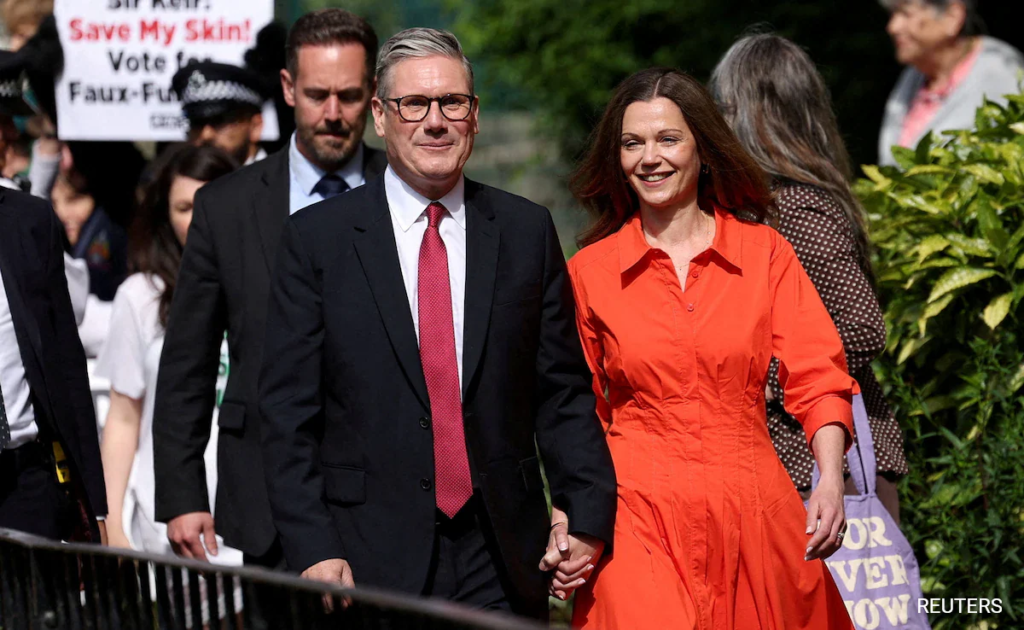Keir Starmer’s Dynamic Cabinet: A New Era for Britain

Keir Starmer (Prime Minister)
Keir Starmer, a former barrister renowned for his work in human rights cases, has ascended to the position of British Prime Minister. His victory represents a historic moment—the first time a Labour leader has unseated a sitting Conservative government since Tony Blair’s landslide win in 1997. Starmer’s vision centers on “rebuilding Britain” after 14 years of Conservative rule. As the representative for Holborn and St Pancras in north London, he brings a working-class perspective to the highest office in the land.
Angela Rayner (Deputy Prime Minister)
Angela Rayner, elected as deputy Labour leader in 2020, now assumes the role of Deputy Prime Minister and Secretary of State for Levelling Up, Housing, and Communities. Despite initial campaign challenges, Rayner’s background as a care worker and trade unionist equips her well for this pivotal position. Growing up in one of Stockport’s most economically disadvantaged council estates, she adds a unique lens to the cabinet’s deliberations.
Rachel Reeves (Chancellor of the Exchequer)
Rachel Reeves, the first woman to hold the esteemed position of Chancellor of the Exchequer, previously served as the shadow chancellor under Starmer. Her fiscal approach aligns with stringent spending plans, earning her support from business leaders. Beyond her economic acumen, Reeves is known for her campaign trail sing-alongs to show tunes and her penchant for listening to Beyoncé while jogging. Representing Leeds West and Pudsey, she brings a fresh perspective to economic policy.
David Lammy (Foreign Secretary)
David Lammy, born to Guyanese parents in north London, etched his name in history as the first black Briton to study law at Harvard. Elected as Parliament’s youngest MP in 2000, he now shoulders the critical responsibility of Foreign Secretary. Lammy’s appointment replaces that of the Conservative’s David Cameron, signaling a shift in Britain’s foreign relations strategy.




















